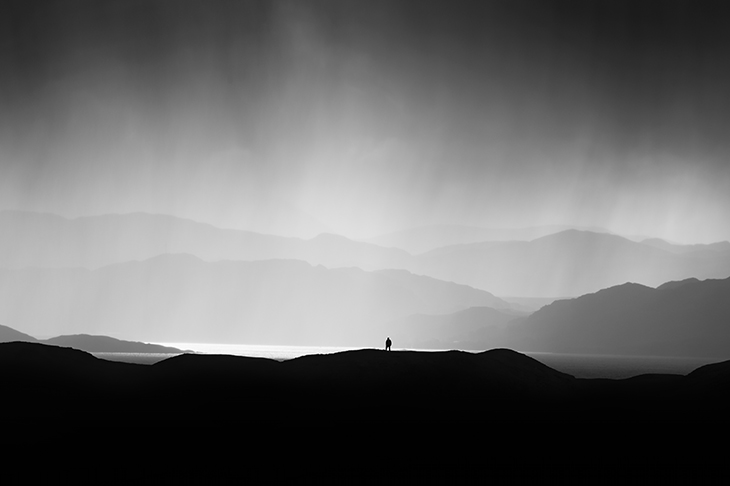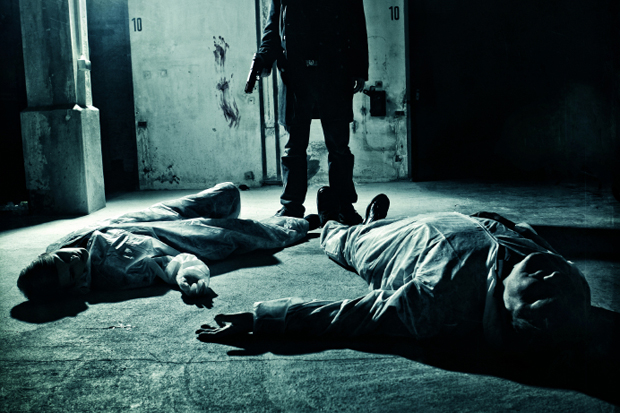James Sallis has a modus operandi: never to waste a word. Sarah Jane (No Exit Press, £8.99) follows this stricture well, using a sparse yet poetic style to tell the story of a woman born on the wrong side of town to bad parents, who wanders from one lowly job to another, one unsavoury man to another, one trouble to another, living a life of chaos, until, led by some curiously twisted route, she takes a chance and decides to join the police, working small cases in a small town.
Already a subscriber? Log in
Subscribe for just $2 a week
Try a month of The Spectator Australia absolutely free and without commitment. Not only that but – if you choose to continue – you’ll pay just $2 a week for your first year.
- Unlimited access to spectator.com.au and app
- The weekly edition on the Spectator Australia app
- Spectator podcasts and newsletters
- Full access to spectator.co.uk
Unlock this article
You might disagree with half of it, but you’ll enjoy reading all of it. Try your first month for free, then just $2 a week for the remainder of your first year.














Comments
Don't miss out
Join the conversation with other Spectator Australia readers. Subscribe to leave a comment.
SUBSCRIBEAlready a subscriber? Log in